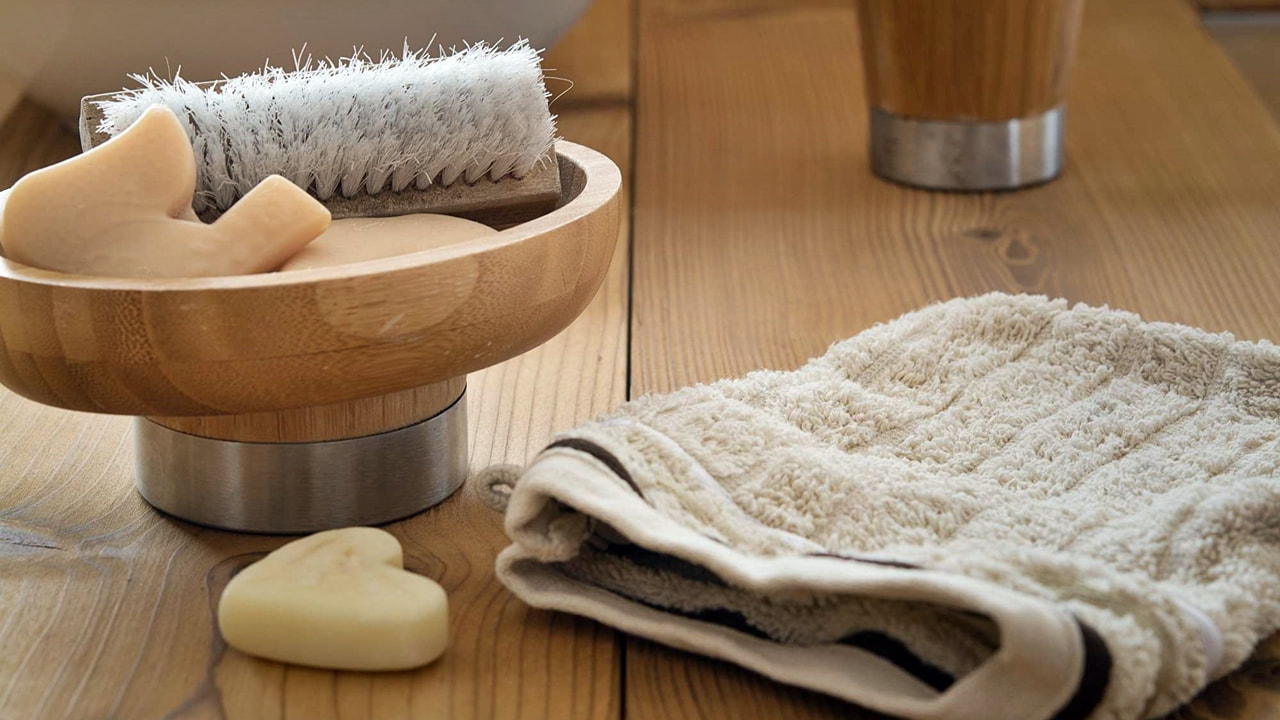3 Reasons Why People with Chronic Lyme Slack on Personal Hygiene
With Solutions to Help Improve Your Hygiene Despite Lyme
Proper hygiene and personal care are important for good health and making you feel good about yourself. Brushing your teeth, cleaning your armpits, and trimming your nails are a thoughtless and socially required part of a hygienic routine for the everyday person, but to a person with chronic Lyme, they become burdensome options. They’re just things that seems to get in the way of doing nothing.
If you have chronic Lyme disease, you’ve likely slacked on your personal hygiene at one point or every day since you’ve been chronically ill. Believe it or not, you’re not alone and this is actually very normal. For you, getting a shower can be the biggest accomplishment of your day, or even week! Trimming your nails becomes a great excuse for getting outside for at least 5 minutes out of the day.
|
Yes, it’s being a participant in normal activities, no matter how small they are, that can encourage a positive mindset for healing and lean you more towards the side of normal.
Regardless, whatever hygienic activity you’re falling behind in -- oh wait, that race is long over -- we’ve identified in detail 3 possible explanations below and their solutions. Remember, improper hygiene may be normal for some people with chronic Lyme, but never let it become acceptable to an unreasonable level.
Reason 1: Lack of Energy and Stamina |
|
People who have chronic Lyme disease are no strangers to an energy deficiency. The human body requires a lot of energy to burn in order to just maintain an internal temperature of around 98.6°F without receiving any external heat sources. From there, the body needs even more energy to move and do things.
The bodies of people who have chronic Lyme disease require even more energy to fight the infection and associated conditions in order to heal. Couple this very high energy demand with a potential mitochondrial dysfunction (i.e., the body’s energy production), lack of calorie (i.e., unit of energy) intake from the burden of preparing healthy food while chronically ill, and/or, it’s no wonder a person with chronic Lyme spends a good portion of their time in bed instead of the shower.
Solution: For starters, try eating more calorie dense foods more often. Yes, fatigue is a common symptom of chronic Lyme but sometimes the Lyme is incorrectly to blame for it. It could just be that your body is low on energy from not eating enough calories. Go for healthy calorie dense foods such a full fat coconut milk, avocados, and even some 80% grass-fed ground beef.
If after trying to eating more calorie dense foods more often, you don’t notice any increase in energy at all, talk with your treating physician about mitochondrial dysfunction or other energy inhibiting factors unique to you.
Reason 2: Feel Worse After Taking a Shower
Let’s just say that the person we described in the previous reason somehow manages to hop in the shower. First off, well done in winning that mental war. Secondly, just because a person with chronic Lyme disease makes it to the shower and properly scrubs themselves doesn’t mean they’re home free. The trade off for many people with chronic Lyme disease who manage to clean themselves that day is potentially feeling worse after taking a shower.
|
|
Yes, a shower of all things becomes the lion no one ever thought they’d need to tame. Not everyone who has chronic Lyme feels worse after taking a shower, but for those who do, the feeling worse part is and can be unique to you and your particular condition. Some people just feel even more tired after taking a shower, some feel light-headed and out of breath due to a dysfunction in their autonomic nervous system made worse by a warm shower, or some tend to feel physically disgusting or poisoned, which may be due to a release of Lyme toxins stored in the body attempting to escape via a clogged lymphatic system.
|
Solution: Showers are great -- who doesn’t love a shower, but for you, in order to not feel worse from taking one, try trading in that lovely shower experience for a methodical sink scrub instead. In the words of the great comedian (philosopher) George Carlin, “All you need to do is wash the 4 key areas -- armpits, asshole, crotch, and teeth.”
Remember, you don’t need to shower everyday, even if you don’t have chronic Lyme -- it’s overkill. The natural oil on your skin, sebum, is part of your immune system’s first line of defense by providing a protective film and inhibits pathogenic growth.
Reason 3: Fail to See the Value in Personal Hygiene
In order to see the value in something, you need to be able to appreciate and understand the benefits and worth something can provide. A shower provides the benefits of a hygienic body, less oily and hobo-like hair, and for some with Lyme, a clearer head afterwards -- removing the cobwebs, if you will.
Many people with chronic Lyme have a completely dismantled in-person social life, which includes friends, family, work, and play. There’s a huge risk of becoming estranged when you’re dealing with chronic Lyme disease. In short, a lack of understanding and care from the ones that used to be held so close and dear has turned many into isolation and solitude.
|
If there is no prospective date to go on this Friday evening, then what’s the point in making your hair look great? If you don’t plan on joining the bi-weekly Twister palooza at your friend’s house, then what’s the point in wearing deodorant if you’re the only one smelling yourself?
Solution: Failing to see the value in many things when you have chronic Lyme disease is a challenge in and of itself. But by starting to look for and consciously appreciating the value in the small things, you eventually open the door to finding value in bigger things. Make the effort to find and appreciate the value something brings to the table, such as the simple and normal task of cutting your nails.
|
|
When you find value in something, you seek for it be a part of your life more than it ever has. And when you do this, when you physically move yourself closer to what is normal, your mind will follow. And when your mind participates in and accepts the normal doings of life, you become more normal each and every time, but more importantly, you create the encouragement and incentive to be normal once more. It becomes almost addicting.
Resources
- “Immune System.” Austin Community College, www.austincc.edu/apreview/EmphasisItems/Inflammatoryresponse.html.
Also on Tired of Lyme
Refresh
Refresh
Subscribe to Tired of lyme!
Subscribe to Tired of Lyme's mailing list and get notified of new articles!





Comments